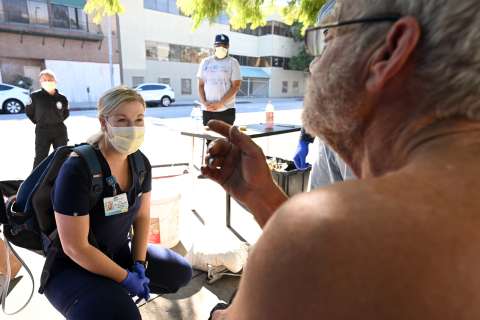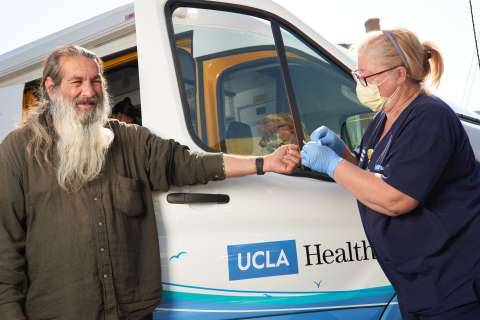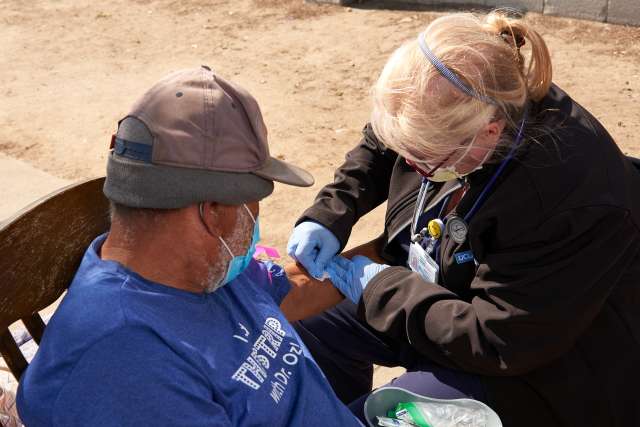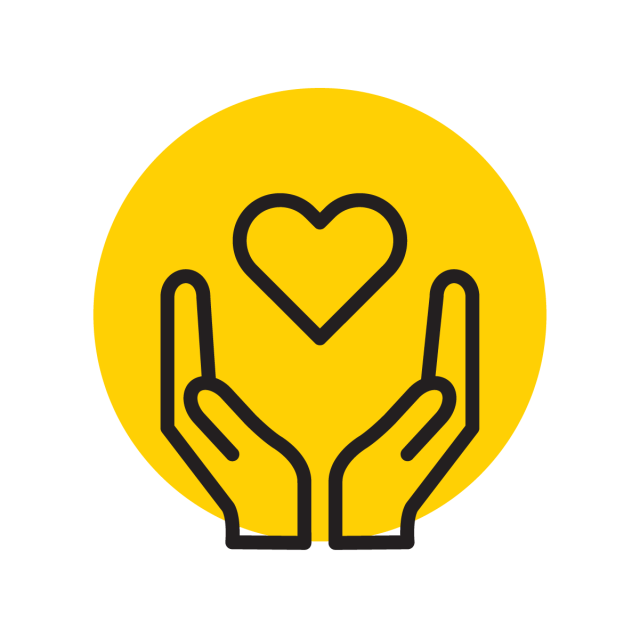Homeless Healthcare Collaborative in Los Angeles
Providing Direct-in-Community Health Care to Unhoused Adults and Children
The UCLA Health Homeless Healthcare Collaborative (HHC) aims to promote greater health equity and clinical outcomes for people experiencing homelessness.
We offer primary and urgent care services to people experiencing homelessness in Los Angeles. All services are provided free of charge and no one will be denied access to services due to inability to pay.
Our unique care model enables us to address the needs of unhoused individuals, regardless of their insurance coverage, immigration status or other factors.
- Completing more than 50,000 total patient encounters
- Delivering more than 12,000 medical and mental health evaluations
- Dispensing more than 14,000 medications directly to our patients
Our Program Offers
- Excellent, trauma-informed care: Our street medicine care model is unlike any other in L.A. County. Our team cares for everyone who needs our assistance — we don’t turn anyone away. We’re committed to removing barriers and expanding access to care.
- Convenience and accessibility: Our mobile clinics travel directly to people experiencing homelessness on the streets and in shelters, encampments, interim housing sites, libraries and soup kitchens. We deliver care seven days a week.
- Large capacity for care: We have multiple full-time teams dedicated to our work. Our specially trained community health workers, doctors, nurse practitioners, physician assistants, social workers and nurses treat thousands of people each year, with more than 50,000 total encounters since 2022.
Care and Services We Provide
People experiencing homelessness are more likely to develop serious medical conditions. Many of these health problems can be managed or treated with access to high-quality health care. To respond to these needs, our team offers a wide range of treatments and support, including:
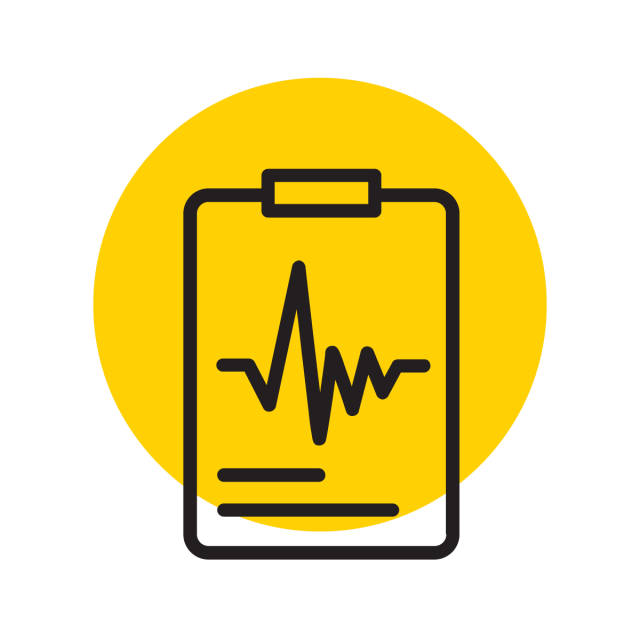
Medical screenings
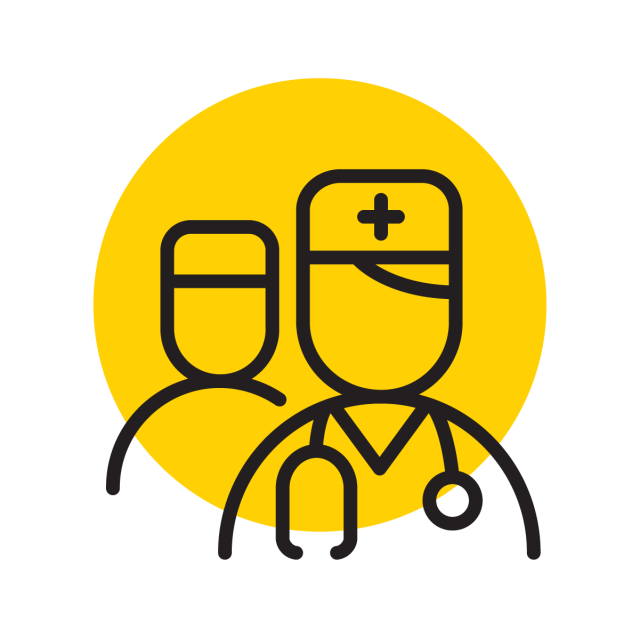
Whole family primary care

Housing and social service referrals
Donate to Provide Essential Health Care to Unhoused Members of Our Community
We rely on grants and donations from individuals and organizations to continue providing much-needed care and expand our program. Every dollar you give helps us care for adults and children experiencing homelessness.
Who We Serve
UCLA Health is committed to health equity and access to care for all. We offer care to every individual experiencing homelessness in our community, including adults, teenagers and children from all backgrounds and ethnicities. While we are regularly adding new locations, we primarily serve people in Downtown L.A., South and West Los Angeles, and North Hollywood.
Our Impact
Since our program was established in January 2022, our team has cared for tens of thousands of unhoused people in our community.
We’re passionate about making a difference in the lives of people experiencing homelessness, and we’re just getting started. With your help, we can increase our reach to serve more people.
Healing and Hope
According to the 2023 Greater Los Angeles Homeless Count, more than 75,000 people are homeless in the county on any given night. Chances are, someone you know has experienced homelessness.
Unhoused people are our community members, coworkers, friends and loved ones. They each have their own stories, backgrounds and unique life experiences. Our team is dedicated to helping them feel better and live healthier.
Featured Articles

